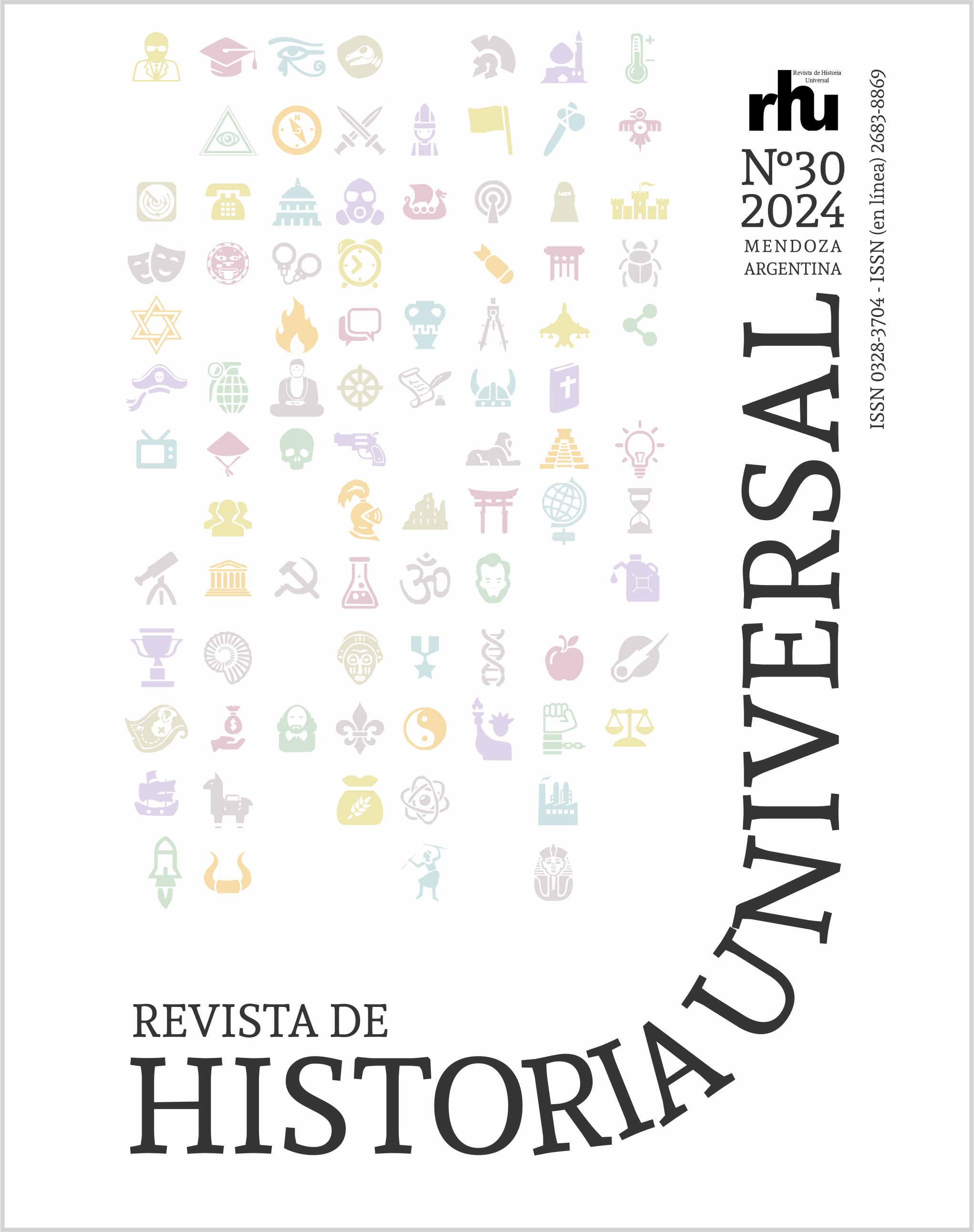Constructive and destructive elements in western history
Keywords:
constructive elements, destructive elements, western history, christianity, french revolutionAbstract
By analyzing western history, one can identify constructive and destructive elements that have influenced the sense of human being. This work examines how, on one hand, tradition, Christianity, virtue, contemplation, and the notion of natural law contributed to the formation of an integral thought. On the other hand, nominalism, scientism, empiricism, the Enlightenment, the french revolutionary movement, liberalism, and utilitarianism promoted the disintegration of the person. Using a qualitative method and reviewing books, journal articles, and a classic text, the dynamics between the mentioned elements are interpreted. Finally, it is concluded that, thanks to the contributions of classical and christian traditions, man built a sense of unity; while from the ideologies that emerged from the XIV century onwards, the triumph of rebellion, the idolatry of reason, and the abandonment of the human-divine dyad emerged. Despite this, this study argues that decomposition is not irreversible as it coexists with a longing and tension towards integrity and transcendence, as seen in the counterrevolutionary movements of the XVIII century.
References
Biblioteca Virtual Universal. (2010). Trabajos y días. Hesíodo. Editorial del Cardo. https://www.biblioteca.org.ar/libros/158342.pdf
Boch de Boldrini, V. E. (2016). Disquisiciones políticas y religiosas en tiempos de Valentiniano II: el debate entre Símaco y Ambrosio de Milán. Limes: Revista de Estudios Clásicos, (27), 211-236.
Boch de Boldrini, V. E. (2021). Rufius Antonius Agrypinius Volusianus, Procónsul de África: Entre la Incertidumbre y el Cambio. En F. J. Gómez Espelosín y J. Gómez de Caso Zuriaga (Eds.), Historia sin fronteras. En torno a las raíces de Europa. Estudios en honor del profesor Luis A. García Moreno (pp.143-165). Monografías de Gahia.
Fernández, J. L. y Soto, M. J. (2012). Historia de la Filosofía Moderna. Ediciones Universidad de Navarra.
Hubeñák, F. (1992). Encuentro del Cristianismo con la Cultura Clásica. Polis. Revista de Ideas y Formas Políticas de la Antigüedad Clásica, (4), 157-171. https://repositorio.uca.edu.ar/handle/123456789/3130
Hubeñák, F. (1998). El emperador Graciano en el pasaje de la romanidad a la cristiandad. Stylos, (8), 129-164. https://repositorio.uca.edu.ar/bitstream/123456789/3153/1/emperador-graciano-pasaje-cristiandad.pdf
Hubeñák, F. (2022). Agustín de Hipona en clave histórica. Revista de Historia Universal, (24), 45-114.
Laje, A. (2022). La Batalla Cultural. Reflexiones Críticas para una Nueva Derecha. HarperCollins México.
Lépori de Pithod, M. E. (1989). Nuevas Perspectivas sobre la Revolución Francesa. Revista de Historia Universal, (2), 155-189.
Pieper, J. (1984). Sobre los Mitos Platónicos. Editorial Herder.
Downloads
Published
How to Cite
Issue
Section
License

This work is licensed under a Creative Commons Attribution-NonCommercial-ShareAlike 4.0 International License.







